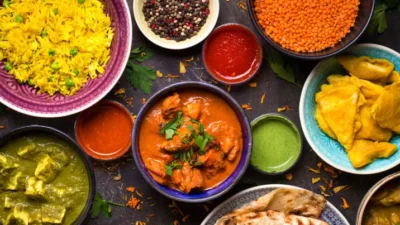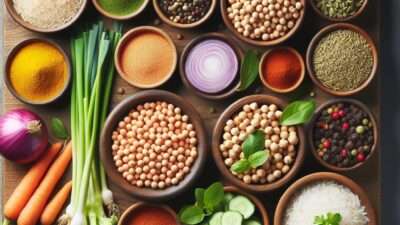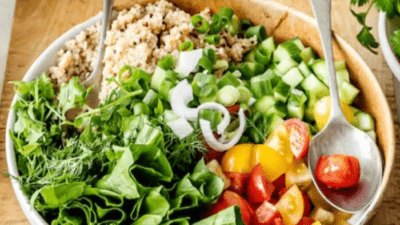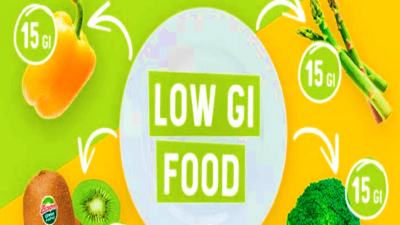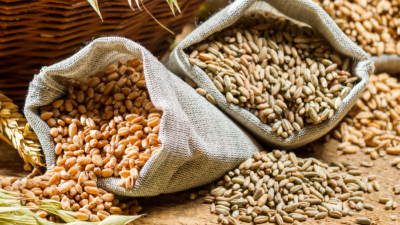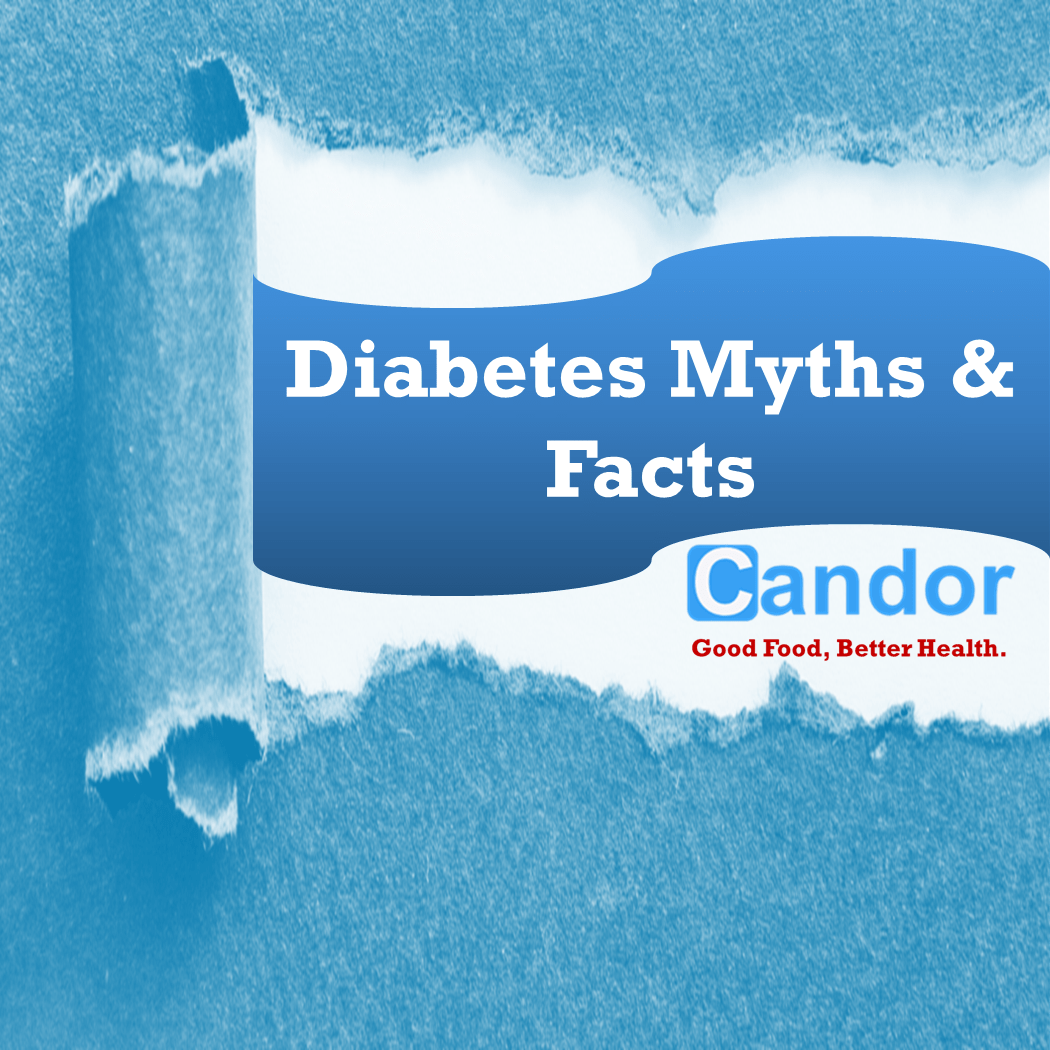Adopting a vegan diet can be a powerful approach for individuals managing Type 2 diabetes. This dietary pattern, rich in plant-based foods, has garnered significant attention for its potential benefits in improving blood sugar control, supporting weight management, and enhancing overall cardiovascular health. This guide aims to provide practical, evidence-based insights into how a vegan diet can be safely and effectively implemented as a supportive strategy for diabetes management, while emphasizing the importance of individualized planning and professional guidance.
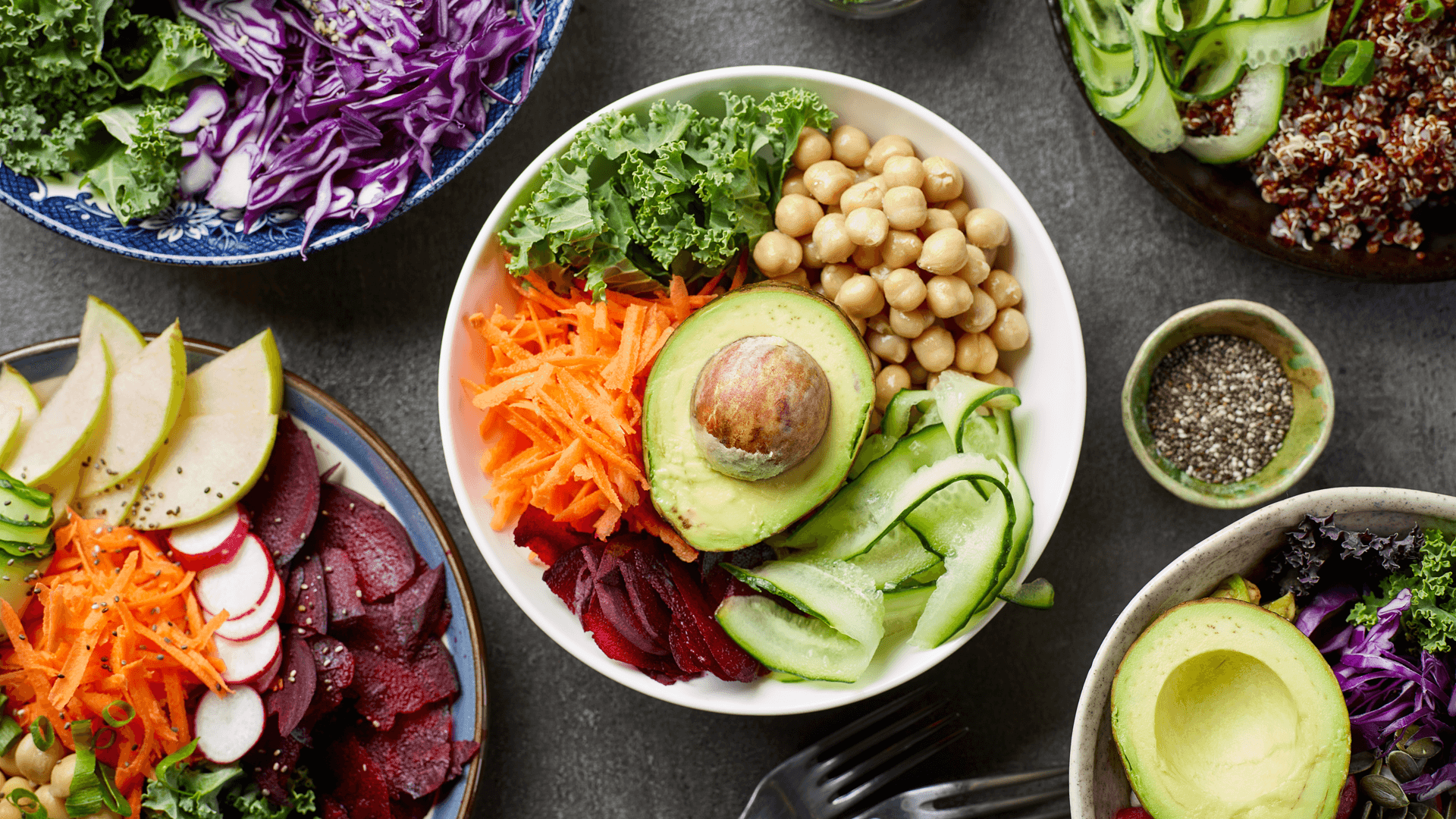
Understanding the Vegan Diet for Type 2 Diabetes
A vegan diet excludes all animal products, including meat, poultry, fish, dairy, eggs, and honey. For those managing Type 2 diabetes, this approach can offer several advantages, primarily due to its emphasis on whole, unprocessed plant foods. Such a diet typically contains higher amounts of fiber, beneficial plant compounds, and lower levels of saturated fat and cholesterol, all of which are relevant factors in diabetes management.
Potential Benefits of a Vegan Diet for Diabetes
Embracing a vegan diet may contribute to improved glycemic control by enhancing insulin sensitivity and promoting more stable blood sugar levels. The high fiber content found in plant foods helps to slow down glucose absorption, preventing sharp spikes after meals. Additionally, plant-based diets often support healthy weight management, which is a crucial aspect of managing Type 2 diabetes.
- Improved Insulin Sensitivity: Plant-based diets can help the body’s cells respond more effectively to insulin.
- Better Blood Sugar Control: High fiber content helps regulate glucose absorption and prevents rapid blood sugar spikes.
- Weight Management Support: Often lower in calories and higher in satiating fiber, vegan diets can aid in achieving and maintaining a healthy weight.
Nutritional Pillars of a Vegan Diet for Diabetes Management
Building a well-balanced vegan diet for diabetes requires focusing on nutrient-dense plant foods across various categories. The goal is to maximize nutrition while carefully managing carbohydrate intake and ensuring adequate protein and healthy fats. This balanced approach helps to support consistent energy levels and stable blood glucose.
Whole Grains for Sustained Energy
Whole grains are a cornerstone of a healthy vegan diet, providing complex carbohydrates, fiber, and essential nutrients. Options such as oats, quinoa, brown rice, millet, and whole wheat offer sustained energy release, which is beneficial for managing blood sugar fluctuations. It is advisable to consume these in measured portions to align with individual carbohydrate tolerance.
- Examples: Oats, quinoa, brown rice, millet, whole wheat.
- Benefit: Provide complex carbohydrates and fiber for steady energy and blood sugar regulation.
Legumes and Pulses: Protein and Fiber Powerhouses
Legumes and pulses, including lentils, beans (black, kidney, chickpeas), and peas, are incredibly versatile and nutrient-rich additions to a vegan diet. They serve as excellent sources of plant-based protein and dietary fiber, contributing to satiety and helping to moderate blood glucose responses. These foods are a vital part of a balanced diabetes diet simple strategies for success, offering both nutritional density and versatility.
- Examples: Lentils, chickpeas, black beans, kidney beans, peas.
- Benefit: Rich in protein and fiber, promoting fullness and blood sugar stability.
Abundant Fruits and Non-Starchy Vegetables
Non-starchy vegetables like leafy greens, broccoli, cauliflower, bell peppers, and tomatoes should form a significant portion of daily meals, offering a wealth of vitamins, minerals, and fiber with minimal impact on blood sugar. Fruits, while healthy, contain natural sugars, so portion control is important. Berries, apples, and pears are good choices due to their fiber content and lower glycemic impact.
- Non-Starchy Vegetables: Consume freely for vitamins, minerals, and fiber.
- Fruits: Enjoy in moderation, focusing on whole fruits like berries and apples.
Healthy Fats from Plant Sources
Incorporating healthy fats from plant sources is crucial for overall health and satiety. Avocados, nuts (almonds, walnuts), seeds (chia, flax, hemp), and olive oil provide monounsaturated and polyunsaturated fats that support heart health and help absorb fat-soluble vitamins. Moderation is key due to their caloric density, particularly for individuals managing weight, and is directly linked to diabetes and your heart health connection.
- Sources: Avocados, nuts, seeds, olive oil.
- Benefit: Supports heart health and satiety; consume in moderation.
Practical Strategies for Adopting a Vegan Diet
Transitioning to a vegan diet for diabetes can be a smooth and enjoyable process with thoughtful planning and preparation. Focusing on variety and balancing macronutrients at each meal can help prevent nutrient deficiencies and support consistent blood sugar management.
Meal Planning and Preparation
Creating a meal plan can simplify the process of adopting a vegan diet. Consider structuring meals around a protein source, a whole grain, and plenty of non-starchy vegetables. Preparing meals in advance can save time and help ensure that healthy options are always available, especially during busy weekdays. Don’t forget the critical role of breakfast in managing type 2 diabetes for Indian diets, making sure your first meal is nutrient-dense.
- Structure Meals: Include protein, whole grains, and plenty of vegetables.
- Prep Ahead: Cook in batches to ensure healthy options are always accessible.
Smart Snacking and Hydration
Healthy snacking can help manage hunger and stabilize blood sugar between meals. Options like a handful of nuts, vegetable sticks with hummus, or a small portion of fruit can be effective. Adequate hydration through water is also essential for metabolic processes and overall well-being. Avoiding sugary beverages is a key aspect of managing diabetes.
- Snack Ideas: Nuts, vegetable sticks, hummus, small fruit portions.
- Hydration: Drink plenty of water throughout the day.
Integrating Cultural Preferences and Candor Resources
A vegan diet can be adapted to fit diverse cultural tastes and culinary traditions, making it more sustainable and enjoyable. Many global cuisines, particularly Indian cuisine, offer a rich array of naturally vegan and diabetes-friendly dishes. This adaptability ensures that dietary changes feel integrated rather than restrictive.
Adapting to Indian Culinary Traditions
Indian cuisine is particularly amenable to a vegan diet for diabetes 2 due to its emphasis on lentils, beans, vegetables, and whole grains. Dishes like dal, vegetable curries, and whole-wheat rotis can be easily incorporated, focusing on minimal oil, avoiding excessive sugar, and using beneficial spices. For more specific guidance, explore healthy eating for a diabetes-friendly Indian diet.
- Focus: Lentils, beans, vegetables, whole grains.
- Tips: Minimize oil, avoid excess sugar, utilize healthy spices.
Managing Festivals and Social Events
Navigating social gatherings and festivals while adhering to a vegan diet for diabetes requires mindful planning. Choosing appropriate dishes, requesting vegan options, and communicating dietary needs can help. The key is to enjoy the social aspect while making informed food choices that support your health goals. Candor provides additional insights into managing your diabetes during festivals and fasts, offering practical advice.
- Strategies: Choose wisely, communicate needs, focus on the social aspect.
Important Considerations and Next Steps
While a vegan diet offers many potential benefits for managing Type 2 diabetes, it is crucial to approach it with careful consideration and professional guidance. Ensuring nutritional adequacy and monitoring health metrics are paramount to success and long-term well-being.
Nutritional Completeness and Supplementation
A well-planned vegan diet can provide most essential nutrients. However, certain nutrients, such as Vitamin B12, Vitamin D, iron, calcium, and Omega-3 fatty acids, may require particular attention. Regular monitoring through blood tests can help identify any potential deficiencies, and a healthcare professional or registered dietitian can advise on appropriate supplementation if necessary.
- Key Nutrients: Pay attention to B12, D, iron, calcium, Omega-3.
- Action: Monitor blood levels and consult professionals for supplementation advice.
Consulting Healthcare Professionals
Before making significant dietary changes, especially when managing a chronic condition like Type 2 diabetes, it is highly recommended to consult with a healthcare provider or a registered dietitian. They can provide personalized advice, help create a tailored meal plan, and ensure the vegan diet for diabetes 2 aligns with your specific health needs and medication regimen. This guidance is essential for a safe and effective dietary transition.
Try the Candor app, which lets you log meals, symptoms, and habits with your voice — and instantly generates insights based on your data. Download on the App Store / Google Play
These other resources could be helpful

